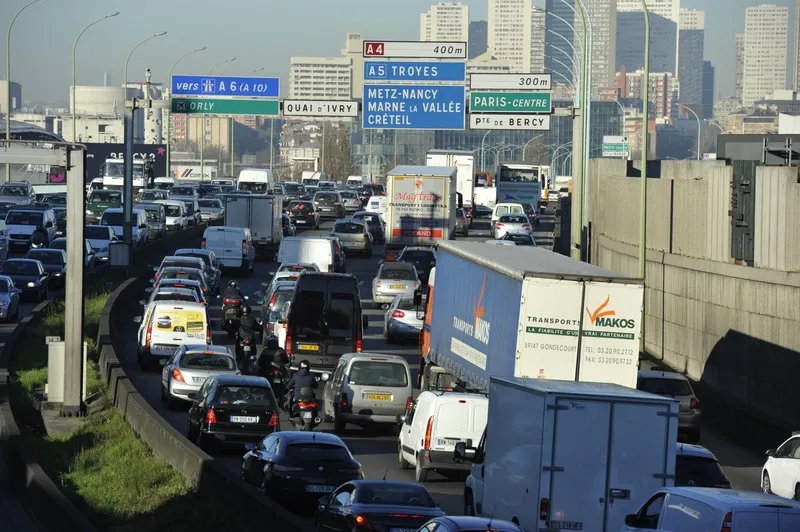
Plume says 25 Bird employees have been wearing its air pollution sensor Flow when travelling around the city to redistribute electric scooters over a two-week period. This process provides data on how air quality changes on different streets, the company adds.
According to Plume, the 'Bird Watchers' covered nearly 1,500 miles and gathered 300,000 data points for the pollutants such as nitrogen dioxide and particulate matter.
Plume is now adding this data to its street by street maps of air quality for major cities, which use machine learning models to forecast how pollution will change on every street segment of a city.
“This kind of information gathering is a big deal in Paris because, while we have an amazing street-by-street map that gets updated once every hour, Flow data gets updated every 60 seconds on top of next-level precision,” the company writes.
The company claims this approach could also help cities and towns do not have the budget to maintain an air quality monitoring network.










